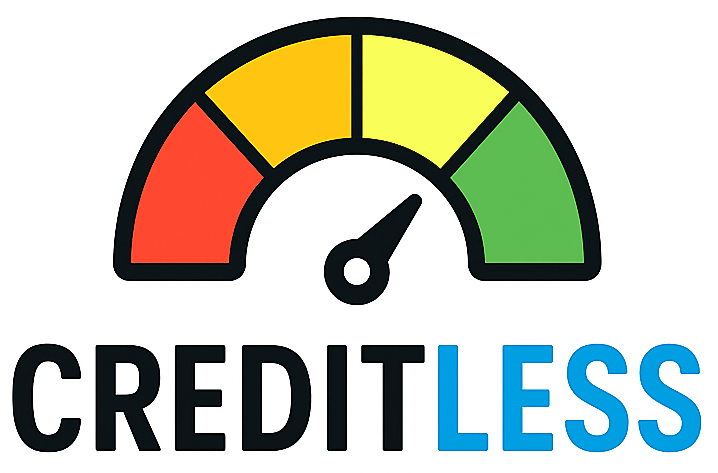Start Smart: Why Rewards Are Worth It—Only If You Avoid Interest
Credit card rewards (cash back, points, miles) can provide real value—but they stop being a benefit the moment you carry a balance and pay high interest. The average APR on credit cards remains elevated: new offer APRs and existing account rates have been in the low- to mid-20% range in 2025, so interest charges can quickly erase reward gains.
At the same time, regulators are watching how issuers market and administer rewards programs. The Consumer Financial Protection Bureau (CFPB) has warned that some programs may devalue or restrict earned rewards in ways that feel like a bait-and-switch, and it has signaled stronger scrutiny of unclear terms. That makes it more important than ever to choose and use rewards cards carefully.
This article gives a clear, beginner-friendly strategy to earn meaningful rewards without paying for them in interest or fees.
A Simple, Responsible Step-by-Step Strategy
- Match cards to your real spending. Start with one card that rewards the categories where you spend most (groceries, gas, dining, or general 2%+ cards). Choosing a card that aligns with your habits earns steady value without extra effort.
- Prioritize paying your statement in full every month. Interest turns reward earnings into a net loss. Paying in full is the single most effective action to preserve the value of rewards. If you ever need a reminder why: interest is calculated daily and compounds quickly on revolving balances.
- Use sign-up bonuses—but only if it makes sense. Welcome offers are commonly in the tens of thousands of points or miles and often require a multi‑thousand dollar spend within the first 2–3 months (e.g., offers like 50k–125k points with a $1,000–$6,000 initial spend are common on major travel cards). Plan any bonus-driven spending so it’s money you would have spent anyway—not new purchases that create debt.
- Run the math on annual fees. If a card charges an annual fee, calculate whether the card’s recurring credits, category earnings and sign-up bonus net you a positive return in your first year (and beyond). For many beginners, a no-annual-fee card or a mid-tier rewards card that matches your spending will be the best starting point.
- Avoid store/retail credit cards for routine use. Many retail cards advertise steep rewards or discounts but carry much higher APRs than general-purpose cards—sometimes 30%+—which makes them dangerous if you ever carry a balance. Use store cards only for planned, short-term savings if you will pay in full.
Put another way: earn points when you would have paid anyway, meet bonus thresholds without overspending, and never treat rewards as a reason to borrow.
Common Pitfalls & How to Avoid Them — Quick Checklist
Below are common mistakes beginners make, with practical ways to avoid them.
- Carrying a balance: Even a modest balance can cost you more in interest than your rewards are worth. Make paying in full your baseline strategy.
- Chasing bonuses with new debt: If meeting a bonus requires buying things you wouldn’t otherwise buy, the bonus isn’t a win. Only meet spend thresholds with ordinary, budgeted purchases.
- Ignoring reward terms: Read how points/miles are earned and redeemed (and whether partners can change redemption rates). Regulatory guidance warns that devaluation and hidden terms are risks—keep an eye on program rules and issuer notices.
- Overlooking fees and credits: Account for annual fees, foreign transaction fees, and statement credits. Often the net value of a card is the bonus plus credits minus the fee—do the math for your situation.
- Pooling too many cards at once: Opening many cards quickly can complicate tracking and may temporarily affect your credit profile. Start with one solid card, add one complementary card later (for rotating categories or travel partners) only when you can manage both responsibly.
Where to go for unbiased comparisons and complaints
If you want neutral tools and to check complaints or recent news about rewards practices, the CFPB offers resources and comparisons for credit cards; regulators and consumer watchdogs are increasingly active around rewards protections. Use official comparison tools and read issuer terms before applying.
Bottom line: Rewards can be a meaningful boost to your finances when used responsibly. Focus on cards that match your spending, meet bonuses without overspending, pay balances in full, and re-evaluate cards annually to make sure they still deliver net value.
